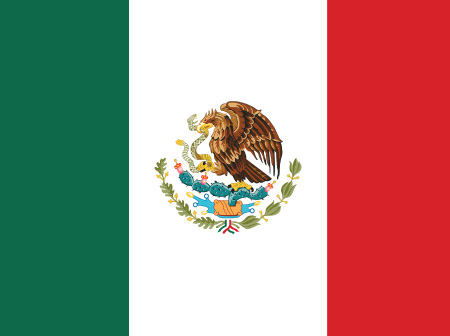There are 19,972 poor rural communities in Chiapas, the southernmost state of Mexico, of which 15,712 have less than 100 inhabitants. The lack of a constant water supply is greater in the highlands, where the communities’ population is made up of indigenous groups. These communities are established on mountainous ground, and the population is widely dispersed all over the vast terrains. Water-related diseases are common in Yalentay; the Tzotzil indigenous community. They include intestinal parasites, diarrhea and malnutrition. The introduction of appropriate and low-cost technologies such as rain harvesting, primary water treatment, ecological pumping and irrigation systems; improves water management of indigenous communities. The community residents participate in the construction of all appropriate technologies, especially in the construction of the rain water collector. The Rain Water Collector is designed to collect rainwater from house roofs into an underground cistern. It is constructed to collect rainwater through lateral canals connected to PVC pipes, which take the water to the underground cistern where it is filtered through sand and gravel layers. Bicycle pumps take water to areas difficult to access, and dry toilets are constructed to avoid environmental pollution. Rural ecological laundry and devices for intermittent irrigation were installed, to reuse the water for cleaning and agriculture. The main objective of this long-term project is to establish a “model community on appropriate technologies” in Yalentay Chiapas. The first two stages of the project included construction and transfer of appropriate technologies in order to reduce water-related diseases in Yalentay. The project was built in stages, according to the priorities of the community. The project focuses heavily on helping women and children, because in the indigenous communities, women and children are responsible for domestic activities, especially water provision, food and cleaning. The results of the project have been obtained through surveys and social studies applied before and after the introduction of the appropriate technologies. There has been a marked reduction in water-related diseases and morbidity rates, improvement of living conditions, availability of clean water for household use and reduction in time spent by women and children collecting water. The project also took into account ethnic identity and definition in the construction of the technologies. These appropriate technologies are easy to construct and can be replicated in other parts of Mexico.
–
Centro de Investigación para el Desarrollo Sustentable de los Recursos Naturales y Tecnologias Apropiadas (CIDESTA)
Calle Marmol número 110 Fraccionamiento Jardines del Pedregal Tuxtla Gutiérrex, Chiapas 29000 México
ic_ingenieros@yahoo.com.mx | cidestachi@yahoo.com.mx
961 61 67376




